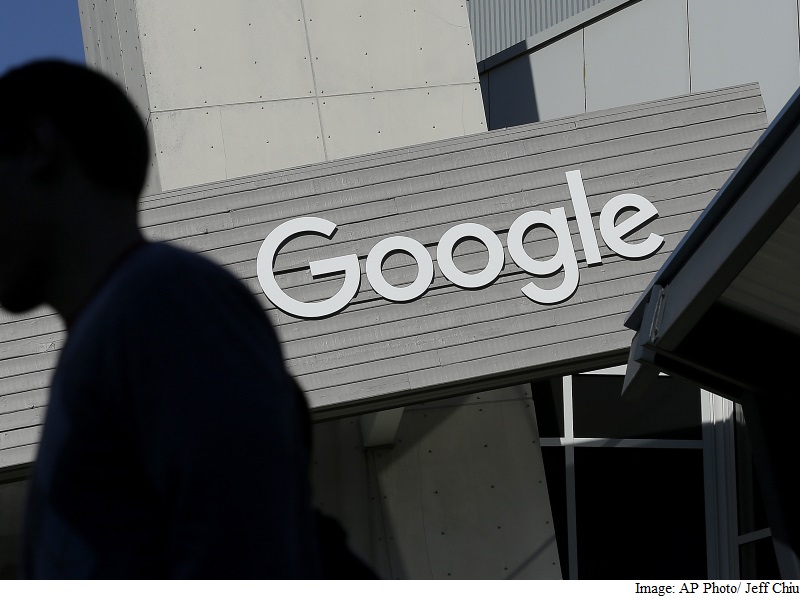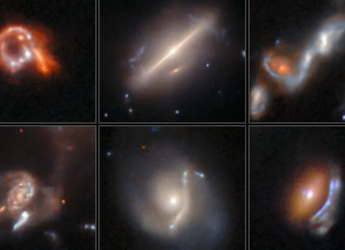- Home
- Internet
- Internet News
- Google Fiber Initiative Launched to Give Free Internet to the Poor
Google Fiber Initiative Launched to Give Free Internet to the Poor

Service will be switched on Wednesday for the West Bluff Town homes community in Kansas City, Mo. Ultimately, as many as 1,300 households in Kansas City, Mo. and Kansas City, Kan., will get a free subscription to Google Fiber's 1,000 Mbps service, enabling those users to download the equivalent of an HD movie in about 7 seconds.
By comparison, most Americans receive an average download speed of 12 Mbps, with peaks speeds of 57 Mbps, according to the networking firm Akamai.
Based on the current cost of a gigabit subscription, Google Fiber will be giving away more than $1 million (roughly Rs. 6 crores) a year worth of Internet service to Kansas City residents alone.
Google Fiber already provides free service to low-income residents of Austin, Texas. But it doesn't offer them gigabit speeds, requiring those users to pay to upgrade to the next level. Wednesday's announcement takes things further by committing Google Fiber to providing its fastest service to some of America's poorest communities.
It's all part of a wider plan by the White House aimed at connecting the disconnected. Last summer, President Obama launched a pilot project known as ConnectHome that vowed to link 275,000 low-income households to the Internet. As part of that move, Google Fiber said it would selectively provide free broadband to certain public housing units. Wednesday's announcement reflects the company's follow-through on that promise.
It may also help parent company Alphabet, which owns Google. The more people are connected to the Web, the more likely those people will use Google's online services, which ultimately benefits Google's primary business, search and advertising.
Google Fiber itself is noteworthy as a moneymaker for Alphabet. Alphabet told investors this week Google Fiber was responsible for bringing in much of the revenue associated with its "Other Bets," which include its costly driverless car project and its experimental drone delivery service. Those and other research projects wound up costing Alphabet more than $3.5 billion (roughly Rs. 23,757 crores) last year, despite the $448 million (roughly Rs. 3,040 crores) of revenue brought in by Fiber, Nest and Verily, Alphabet's life-sciences program.
But while Google Fiber's decision to give away some of its broadband service may stem partly from self-interest, it's still granting high-speed access to those who stand to benefit from it most. For schoolchildren, it might finally mean being able to do homework from, well, home. For job-seekers, it could mean finding leads and filing applications electronically for the first time. In today's digital economy, that could make a big difference for many who have otherwise been excluded.
© 2016 The Washington Post
Get your daily dose of tech news, reviews, and insights, in under 80 characters on Gadgets 360 Turbo. Connect with fellow tech lovers on our Forum. Follow us on X, Facebook, WhatsApp, Threads and Google News for instant updates. Catch all the action on our YouTube channel.
- Samsung Galaxy Unpacked 2025
- ChatGPT
- Redmi Note 14 Pro+
- iPhone 16
- Apple Vision Pro
- Oneplus 12
- OnePlus Nord CE 3 Lite 5G
- iPhone 13
- Xiaomi 14 Pro
- Oppo Find N3
- Tecno Spark Go (2023)
- Realme V30
- Best Phones Under 25000
- Samsung Galaxy S24 Series
- Cryptocurrency
- iQoo 12
- Samsung Galaxy S24 Ultra
- Giottus
- Samsung Galaxy Z Flip 5
- Apple 'Scary Fast'
- Housefull 5
- GoPro Hero 12 Black Review
- Invincible Season 2
- JioGlass
- HD Ready TV
- Laptop Under 50000
- Smartwatch Under 10000
- Latest Mobile Phones
- Compare Phones
- OPPO A6v 5G
- OPPO A6i+ 5G
- Realme 16 5G
- Redmi Turbo 5
- Redmi Turbo 5 Max
- Moto G77
- Moto G67
- Realme P4 Power 5G
- HP HyperX Omen 15
- Acer Chromebook 311 (2026)
- Lenovo Idea Tab Plus
- Realme Pad 3
- HMD Watch P1
- HMD Watch X1
- Haier H5E Series
- Acerpure Nitro Z Series 100-inch QLED TV
- Asus ROG Ally
- Nintendo Switch Lite
- Haier 1.6 Ton 5 Star Inverter Split AC (HSU19G-MZAID5BN-INV)
- Haier 1.6 Ton 5 Star Inverter Split AC (HSU19G-MZAIM5BN-INV)












